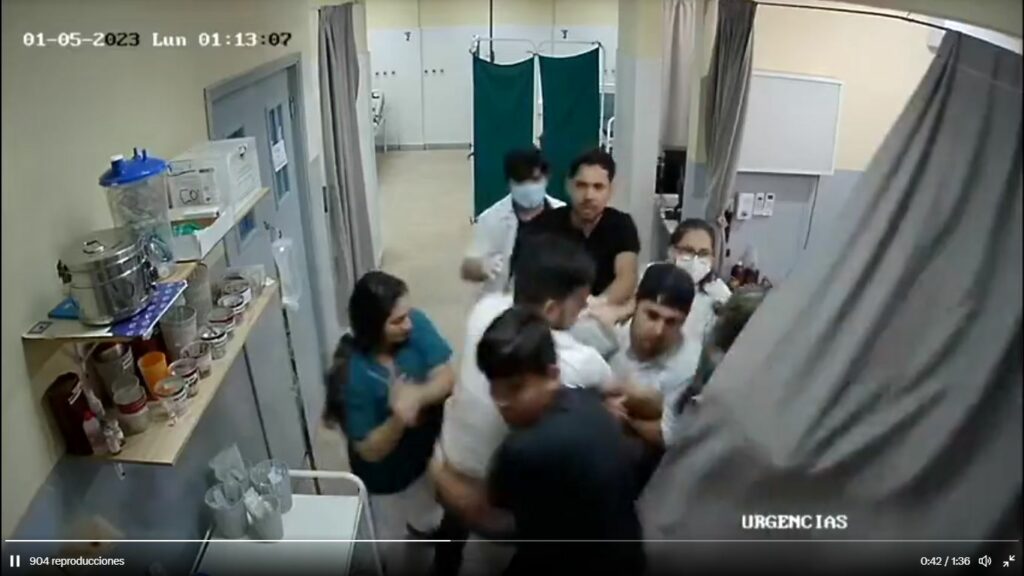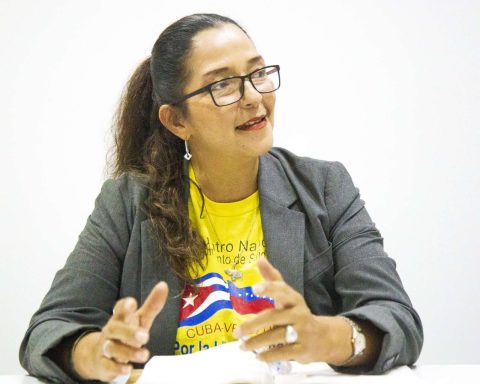The Minister of Labor, Pablo Mieresstated this Monday thatThat the commitment assumed by the government to recover the purchasing power lost during the pandemic is “firm” and “current”.
The commitment of the Executive Branch was that the recovery would begin to take place in 2022 and would be completed in the next round of negotiations, starting in the second half of 2023, that is, before the end of the government period.
From this point of view, the numbers today prove the government authorities right. As of last January, 40.5% of private sector workers (351,475) had increased their real wages compared to July 2020.
This does not mean that there is still great heterogeneity in the purchasing power situation of all workers, and in the rate at which wages are being recovered.
On this point, the minister affirmed that during 2022 “there was a partial recovery”, and that in the next round of the Private Sector Wages Council -begins in July- the government “will promote the search for agreements that allow the definitive recovery ” of salary.
Work market
“We are happy with the employment recovery trends, but we are not satisfied, because the reality before the pandemic was bad. The downward trend in employment had been installed in our country since 2015, and from then on, the numbers for 2019 were clearly unsatisfactory. We are clear that many people continue to have employment problems,” said Mieres, during a press conference for Workers’ Day.
In his presentation, the minister reviewed some figures on the labor market. Among them, he mentioned that the employment rate stood at 57.1 in 2022, a higher figure than that registered in 2019 -prior to the pandemic-, and similar to that of 2018.
And added that the unemployment “beyond fluctuations” It currently stands at around 8%. “This indicates that it is around one point below 2019, and almost two and a half points below February 2020, the last month before the pandemic and the current government took office. In turn, with respect to 2021, there is an improvement in all employment indicators, both in the activity rate and in the employment and unemployment rates,” said Mieres.
In addition, he pointed out that in the three years of the current government the number of informal workers has been reduced “significantly”, with a drop from an average of 25% in the period of 2015 and 2019, to 21% in 2002, and to 20%. in March 2023.
“We are very happy because it means that a greater proportion of workers have accessed the corresponding protections, rights and benefits that formality includes, far from a situation that affects the quality of employment,” he said.
In another part of his presentation, he stated that the government is closely following the labor and production problems on the country’s coast as a consequence of the “serious competitiveness problems” with Argentina, and that concrete measures are being worked on to respond.
Social Security Reform
Regarding the recent approval of the Social Security reform law, Mieres affirmed that the “dimension” of a government administration is measured by its ability to make decisions with a long view and thinking about the new generations.
“This is a necessary and responsible reform that promotes equity and that is done over time, without abruptly and suddenly affecting anyone. This reform that has just been approved allows our country to face the future responsibly, with the objective that retirement and pensions stop having an increasing weight in State spending”, he affirmed.
In this sense, he added that the approved regulations “make it possible to guarantee” that State spending “is not consumed more and more” in the payment of future retirements and pensions, allowing public resources to be allocated to other “fundamental” priorities such as, for example, the “reduction” of child poverty. See the complete conference in the following link.


















